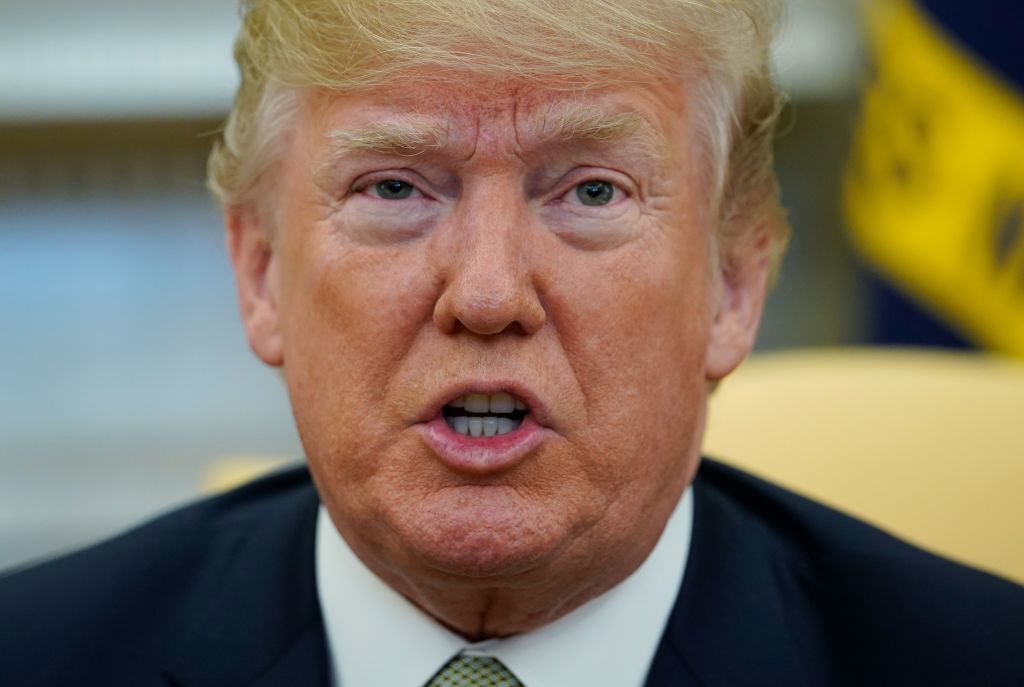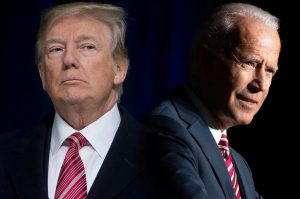Throughout the course of the inquiry on Russian interference in the 2016 U.S. presidential election, White House lawyers have attempted to drill a message into the president’s head. It is a simple one: whatever you do, don’t go after Robert Mueller personally or suggest in any way that you will shut down the investigation.
You can go after the probe’s integrity, attack the congressional Democrats making political hay over the probe, and push your own counter-narrative about the silliness of it all, but leave the special counsel alone. It is smart, conventional advice that most conventional politicians would take into serious consideration.
But Donald Trump, to state the obvious, is not a conventional politician. He does not respond well to being told to be restrained. Trump has always firmly believed that he is his own best legal defender, best public relations specialist, and most effective self-promotor (on the last bit we can all agree). So now he’s going after Mueller in exactly the way his lawyers advised him against.
On Twitter this weekend, the president hit Mueller and his investigation hard, outright suggesting that the entire special counsel probe should not have been started in the first place. Combine these tweets with Trump’s personal attorney stating to the news media that Mueller’s probe should be shut down out of sheer decency, and it is becoming increasingly obvious that the White House is at least thinking about crafting more aggressive measures to tarnish the credibility of Mueller’s work.
For congressional Republicans who have defended the president to the hilt all these months, however, Trump hammering the keyboard in a full-frontal assault against the special counsel investigation creates yet one more political problem to worry about. Trump is placing his fellow Republicans on Capitol Hill in a very difficult position, since reporters are now asking whether they would support Trump if he were to axe Mueller and shake up the Justice Department along the way.
To date, Republican lawmakers have adopted a “nothing to see here” attitude. Asked about two pieces of proposed legislation that would provide the special counsel with some degree of protection from Trump’s whims, the GOP has claimed that neither bill is needed because the president is not serious about terminating Mueller or prematurely shutting the investigation down. Sen. Jeff Flake, the president’s most vocal Republican critic, told the press last December that he saw no need for the legislation. Senate Majority Leader Mitch McConnell has taken a similar position, as have top Republican lawmakers in the House. And for the most part, that was a credible position to take; Trump’s murmurings aside, there appeared to be a recognition within the White House walls that firing Mueller or the man overseeing Mueller’s work, Deputy Attorney General Rod Rosenstein, would generate a constitutional crisis the likes of which the United States has not seen since the days of Watergate.
But this weekend changes the calculus significantly. Less than twenty-four hours after Trump’s anti-Mueller tweets, Republicans were asked on the Sunday morning political shows about whether it was appropriate for the president to use his executive power to kill a probe looking into the president’s own actions. Republicans on television opposed to Mueller’s firing called him a good man who deserves the latitude to do his job without political interference. But this is not a question they want to be asked, particularly during a midterm election year that will be incredibly difficult for Republican incumbents to navigate. They have bigger fish to fry, and shining a spotlight on an inquiry against a Republican president is certainly not one of them.
Trump is in it for Trump, so it is unlikely he even cares whether his tweets or his invective against the Russia investigation puts his fellow Republicans on the other end of Pennsylvania Avenue in a tough spot. But he should exercise a little more caution, if not for congressional Republicans, then for his own political survival; if Democrats recapture the House and/or the Senate this fall and begin clamoring for impeachment, Trump may look back at his Twitter antics last weekend as one of his biggest political errors in judgement.


















